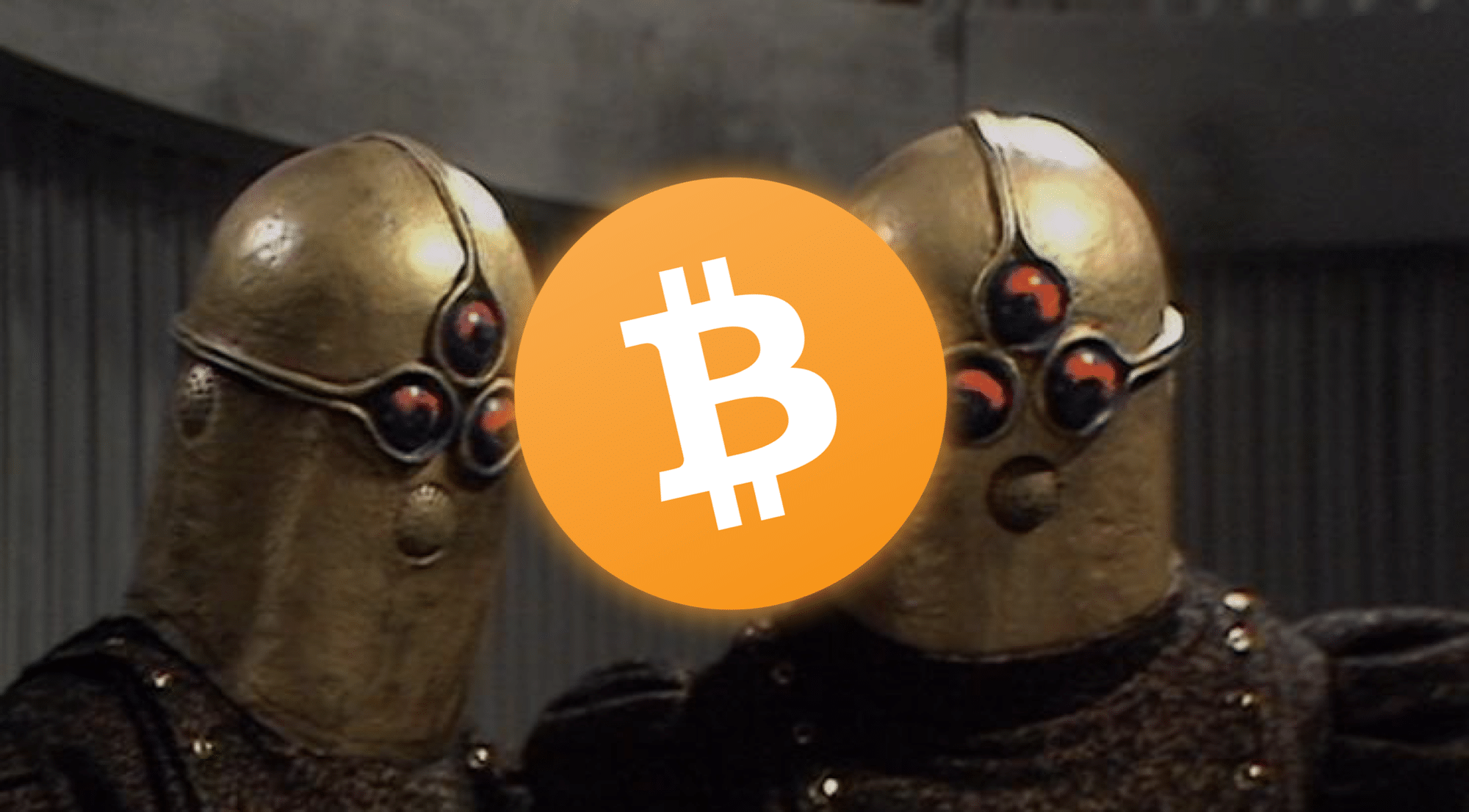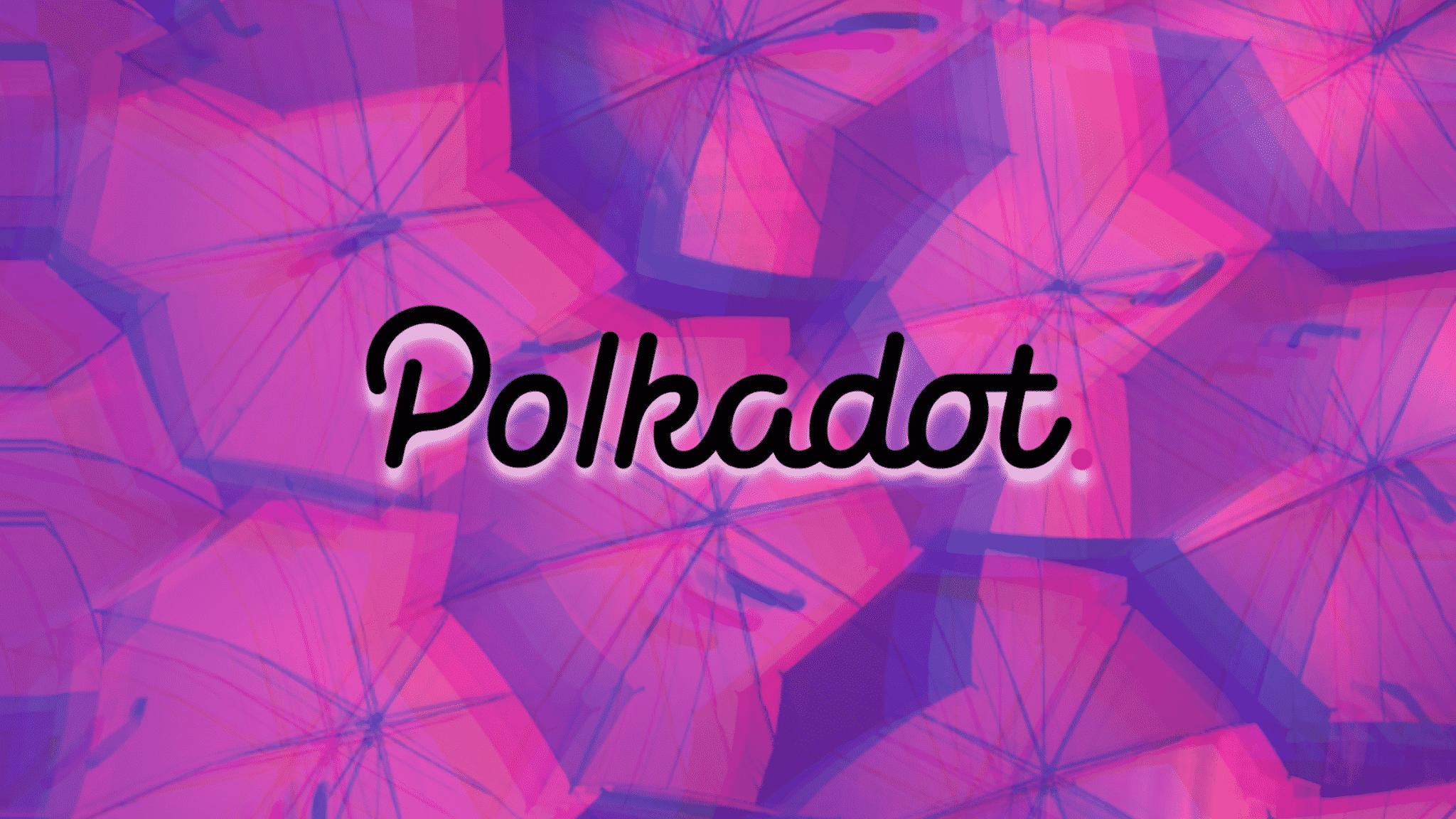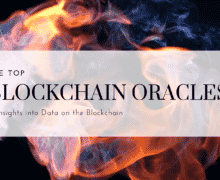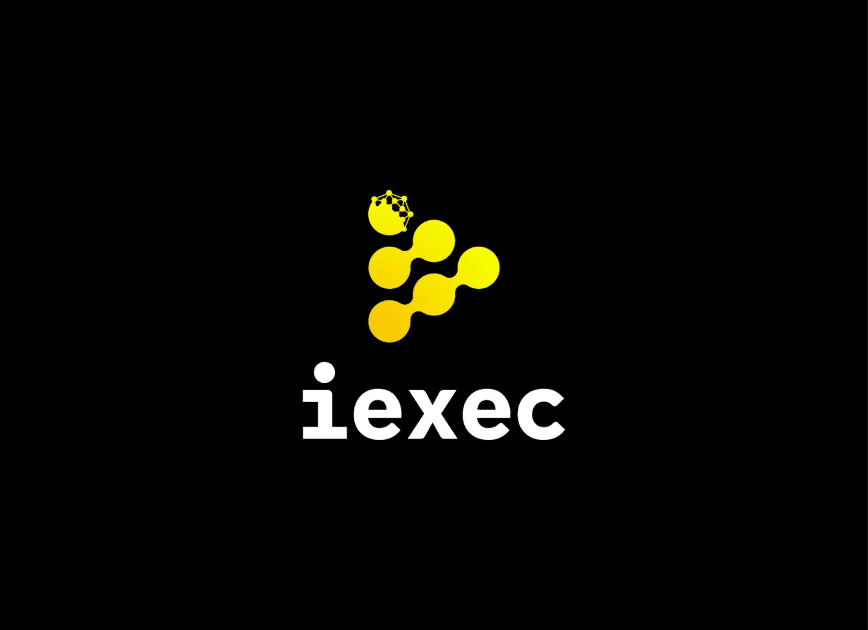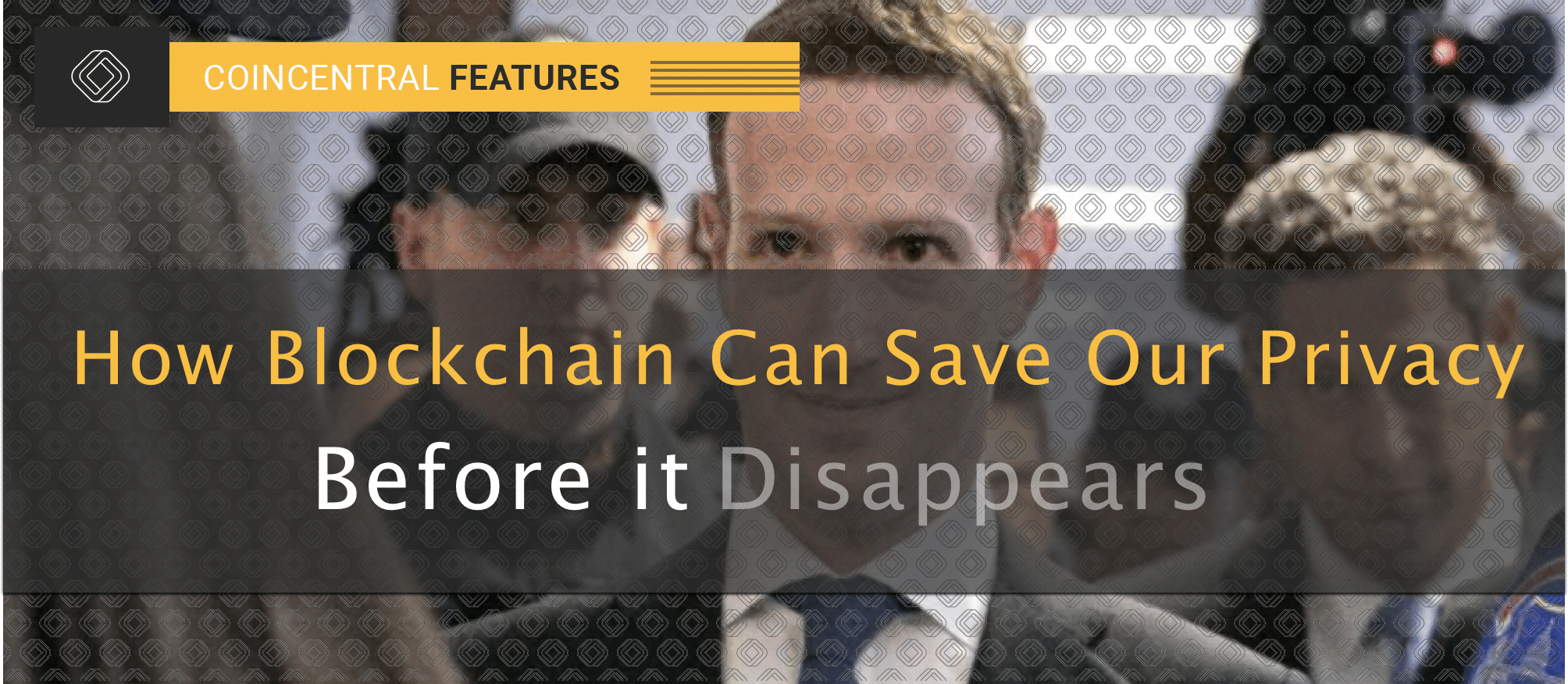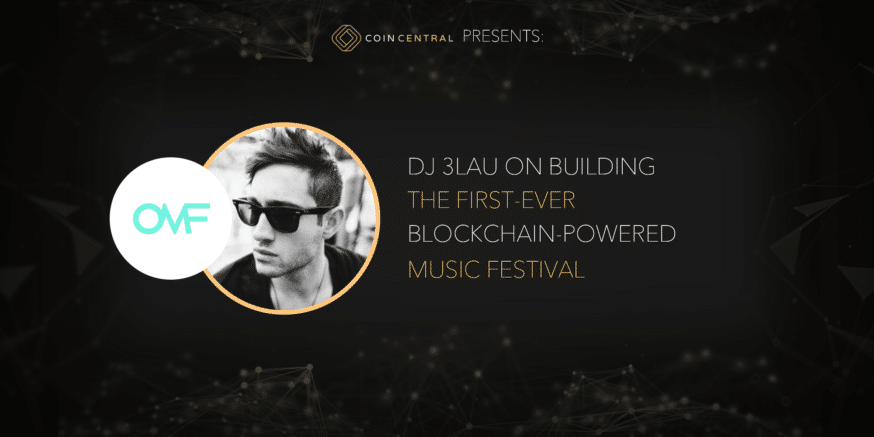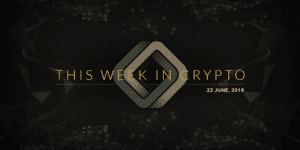Blockchain Coming to a Music Festival Near You

Justin is architecting a movement to integrate blockchain technology into the fabric of the modern music festival experience with a “blockchain-powered music festival,” Our Music Festival (OMF). In one of the more badass use cases for blockchain, the OMF token aims to leverage blockchain technology to provide a completely seamless and participatory festival experience for attendees that will fairly compensate both artists and festival creators.
Coin Central’s Richard Malone recently spoke with Justin about his entrance into music and blockchain and how the two can work synergistically. As the two industries have a lot of overlap in supporters and ideologies, it made for quite an interesting discussion.
Editor’s note: The title of this article was edited from “DJ 3LAU on Building the World’s First-Ever Blockchain-Powered Music Festival”
The Interview
Justin, you’re known as the DJ who turned down Wall Street. You were also on a full ride academic scholarship to Washington University in St. Louis. Were you already exhibiting signs of success when you gave up that path or was music a passion that would’ve consumed you had you not followed it? How difficult was the decision?
I think it’s a little bit of both, to be honest. I’d always planned on working in finance because that was a passion of mine. Later in life, I was planning on taking the time to make music as a hobby for fun, maybe in my mid-thirties when I already had a family.
I didn’t want to think about it because I never thought it was realistic to make a career out of my creative passion. I wasn’t sure, but naturally, as the internet has played a big role in exploding all kinds of music, I got very lucky, and some of my mixes and mashups went viral on YouTube.
At that point in time, I was a junior in college and just all of a sudden, there was a lot of demand from other fraternities and sororities at other college campuses for me to come and perform. There was significant money in that for me at the time, and I started to leave school every weekend to play shows at other universities. There was a point where I was like, “Is this realistic to do full time given the financial state that I was in with all these shows?”
The only way I was going to grow is if I could focus full time on my career and not worry about my failing grades. As I started to leave school and travel every weekend, it was almost impossible to keep my grades up. I was either going to finish school in a half-ass way or was I going to sacrifice an opportunity to pursue my creative career, and that might never come along again.
I actually had a professor who convinced my parents to let me. I had full merit scholarships, so it wasn’t that difficult to convince them because they weren’t paying for school. They finally said yes. There was a little bit of money there when I made the decision, but it wasn’t guaranteed. I think I just knew that I had to take a risk and so I did.
How would you describe yourself as a DJ and an artist?
I started my career making mashups and very mainstream style stuff to break through a lot of the noise. That worked initially so for the first half of my career, I spent a lot of time making more mainstream music. In the second half of my career, I took more time to make a more obscure type of electronic music. I wanted to pioneer this genre of nostalgic 80’s mixed with modern production. My recent album that just came out, Ultraviolet, with that album, my goal was to fuse my favorite childhood music with my unique production style. It feels like it’s out of the 80’s but more updated.
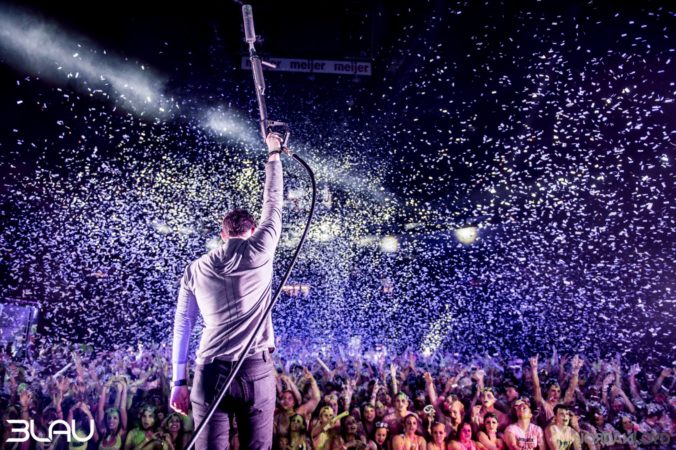
And how did you first get into blockchain and cryptocurrency?
That’s my favorite story to tell. It was 2013 and I was playing at my now partner, Adam Lynn’s, music festival in Mexico. I was down in Puerto Vallarta for a couple of days and the Winklevoss twins came down for the festival to enjoy the experience back then. Adam introduced me to the Winklevoss’s.
We became friends quickly and later on, I was going to be in L.A. during Grammy Week and we had been talking. Cameron really likes electronic music, and he was like, “Well, why don’t you come to stay at our place during Grammy Week in L.A.?” Of course, I’m not going to turn that down.
While I was staying there, they were working on the Gemini Projects. That was my first exposure to anything crypto related. That was in 2014, and at the time, I bought some BTC, nothing too crazy significant.
Last year, in the middle of the year around May, obviously everything started to heat up, and I was like, “Holy crap, where did this come from?” That’s when I took a really big nosedive into the space and found myself staying up late nights making some sacrifices on other projects that I was working on to learn about this.
To understand the space, understand the tech, and try to think about, “Well, how could I get involved here? How can I apply this revolutionary technology to an industry that I’m passionate about and that I’m also connected in?” That’s when the OMF idea came to fruition.
The gospel of blockchain was bestowed to you not only many years before most, but by two legends in the space: the Winklevoss twins. I’m sure that 2014 BTC investment performed quite well for you.
It did, it was great, but I think what got me more excited was that the BTC investment turned into a lot of altcoins that then performed even better in the second half of last year. I was lucky enough on a personal level to take half of everything off. Even though we’re all getting a little crushed right now, I’m certainly still positive and happy about it.
At the time that I first invested, I didn’t know much. I didn’t have an understanding of the tech, but there’s a lot of overlap in what I do as a producer. Producers and tech engineers have very similar lifestyles. We all sit in front of our computers, and we basically fuck with science all day, in the most laymen phrasing.
We mess around with different things on our laptops. That’s what we all do, and we hope to create something from it, whether that’s technology that will help people or music that people are passionate about. There’s a lot of overlap in both spaces.
I just found myself diving and learning, and while I don’t have a computer science background, a lot of my buddies do, and I learned from them. I just became so enthralled by what was going on outside of the dollar signs. I just thought, “Wow, I can send this much money this quickly in an Ether transaction anywhere around the world on a Saturday.”
That’s crazy. Something that doesn’t happen.
That’s kind of what got me thinking about, “Okay, well there’s obvious application here in music, but what’s realistic? What is something that doesn’t feel like it’s too much to promise? What’s something that I can achieve in a reasonable amount of time given my experience and my network? How can I become a bridge between an existing established industry and a new technological phenomenon?” That’s what inspired the idea for OMF.
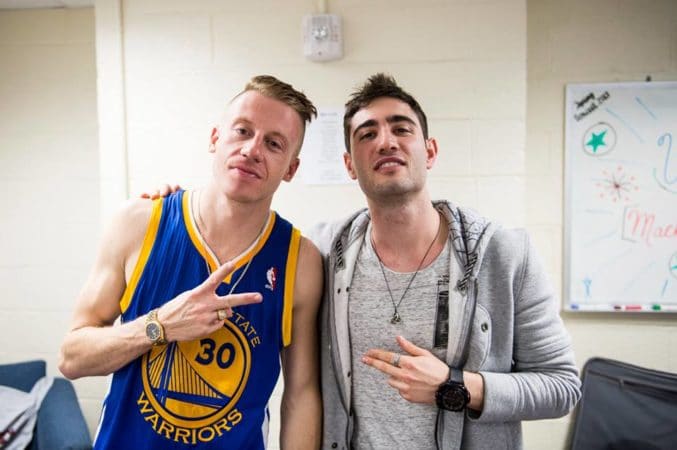
What are some of the problems inherent in the current music festival culture that motivated the genesis of the OMF Festival?
That’s my favorite question to answer because when you think about music as an industry, there are really two sides. There are recorded digital music and there’s live music.
The digital music space has transformed so incredibly over the past 20, 30 years from iTunes to digital file sharing, torrenting, all of a sudden everybody could steal all the music they wanted. It was straightforward for them to do that if they knew how so everybody started taking music.
Fast forward to streaming making it easier for the average consumer to pay for a membership than to steal all the music. That put money back into the hands of artists and labels. Streaming has shown the ways that tech can make digital music evolve. Consuming digital music has changed forever because of streaming.
Live music hasn’t changed since Woodstock. There’s no difference in what you used to do and what you do now. You buy a ticket, you go, and then you have to do it again next year. That’s it.
There’s no technological engagement or improvement outside of sound systems and production. No one’s changed the way that people consume music festivals the same way people have changed the way that people consume music.
I didn’t ever think there was anything wrong with how festivals were running now necessarily because I didn’t even know how to change it, but as I started diving down the blockchain rabbit hole, I began to realize how much more efficient so much of it could be.
So, aside from the fact that there’s crazy price inflation, no one captures value in an aftermarket for tickets. Tickets and counterfeiting itself is a huge problem.
Having a public ledger solves a lot of those issues with ticketing. You can also incentivize fans to share their experiences and share information about festivals they want to go to the same way you can share a playlist. Then, the person who gets that playlist gets value out of the original person’s tastes. They get value out of that person selections.
The same way if you go to Coachella, usually you want to go with a friend and you tell a friend, but you’re actually helping the festival in that experience, but you’re not getting compensated for that. That value isn’t captured the same way digital music has captured a lot of those different value flows that exist.
I was like, “Holy shit, blockchain can help us capture value where it’s not being captured right now in the entire festival business.” That’s when we started thinking about, “Okay, well how do we apply it?” That’s what we’ve been working on for the past year.
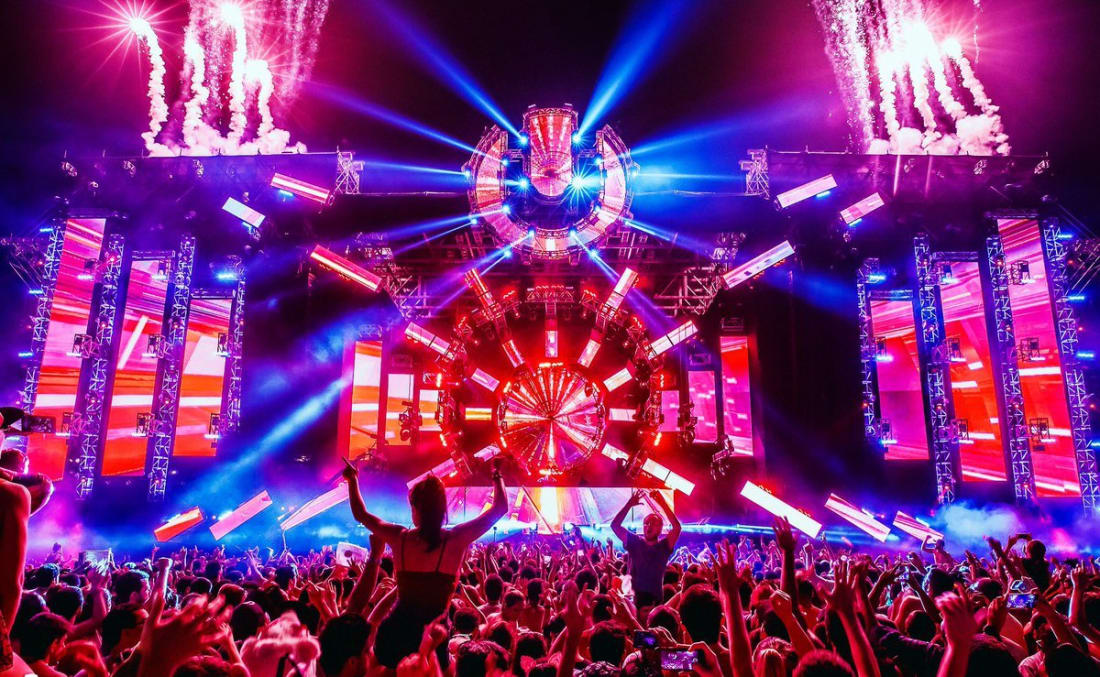
Why is blockchain or distributed ledger technology the answer to the current problems in the modern festival experience?
Whenever anybody tells me their “blockchain idea,” that’s the question that I always like to answer or know the answer to. “Why is this relevant? Why is blockchain the answer?”
I think there are lots of ways in which blockchain can be applied to live music.
Number one, and the most obvious and powerful way is ticketing. Counterfeit tickets are everywhere, after markets for tickets are generally overpriced, and there’s no way to capture value when something sells out and all of a sudden, tickets are trading for two, three times the cost.
No one who’s creating or performing at the event benefits. It’s just lost value because of inefficient pricing.
Distributed ledger technology helps both on the counterfeiting and ticket distribution side of everything, but it also helps us create a network that incentivizes fans more.
That’s kind of the second dimension that we’re getting into, which is enabled by smart contract technology. If a fan tells a friend about a festival and that friend goes and buys a ticket, the original fan should be compensated for that decentralized marketing effort. The more you engage fans in spreading the word about something, the more they bring people into the ecosystem, the more value the ecosystem creates, and ultimately grows from it.
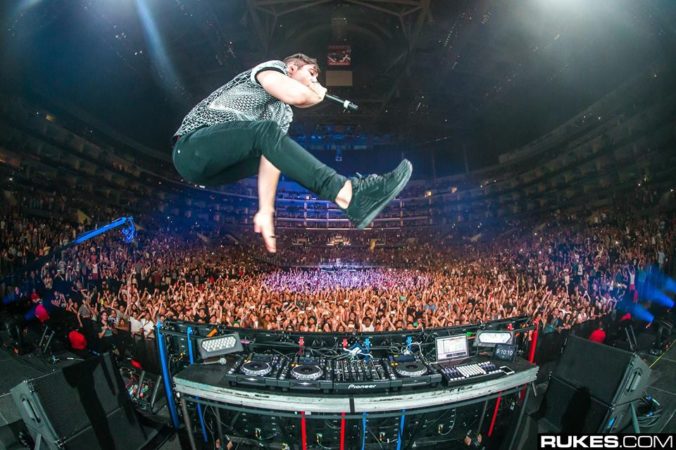
For me, dimension one is ticketing. Dimension two is aligning incentives for everybody who participates in a festival in a way that’s never been done before. Smart contract technology enables that.
I think part three is really more of a partnership piece where the transparency enabled by blockchain tech makes it a lot easier for festivals to partner for sales information and for data to be more public. That data that we create from our experiences is extremely valuable to helping other festivals run successful events and for even eventually allowing consumers to create their own events if they want to.
Of course, that’s long down the road, but we want to start with something that’s real, and that’s why we’re doing our first festival this year. We’re going to study it and see how we can improve.
To sum it up, the three use cases are ticketing and transparency through ticketing, enabling incentive mechanisms through smart contracting, and finally, public data. Artists usually don’t own any of the data when they sell tickets to an event. To be blunt, Live Nation owns that data.
The fans don’t have access to any of that data either, and that’s just not fair. Why shouldn’t that data be public when everybody’s contributing to it? Those are the three ways that I think we really can revolutionize the space.
So what exactly is the OMF Festival?
There’s the festival itself, and there’s the token. To talk about the festival itself, we wanted OMF to be a network of festivals that all run on the OMF token and the system and the tech we create. But in year one, the OMF Festival is just like any other festival. The difference is that there will be a substantial amount of blockchain education at the festival.
We’re going to have a crypto quarter that you have to walk through to even get to the festival. You can purchase tickets with crypto. You can purchase tickets with bitcoin or ether. To my knowledge, I don’t think there’s any other festival that accepts crypto for ticket purchases right now. We’ll be the first there.
Beyond that, everybody who gets a ticket will get an ether wallet through our partners, SingularDTV, they run a web wallet interface. Those wallets will, in the future, have the tech to redeem the token.
[youtube https://www.youtube.com/watch?v=ArdaSzneVwA?rel=0]
Year one is really just kind of like a celebratory launch. We’re doing this, and we want to show the world that we’re committed.
Year two, we start to build partnerships. My partner in this project is Adam Lynn. He runs 18 festivals in the United States, and we’re going to bring his festivals onto the network in year two. Ideally, from year three to five, we’re creating festivals all over the world ourselves with the value that fans are providing us financially. We also can partner with other existing festivals and myself and Adam have the network to do that.
We bring all these festivals onto our network, and all these festivals will accept the token and contribute data and value back to the network that we want to create. That’s the next five years of what OMF’s goals are. While we’re building the actual network of physical events, we also will be working on the tech side of things and making sure that we test all of the tech before we actually implement it.
My biggest fear is saying something works if it doesn’t work yet. Even though we know a lot of the tech we’re building does work, it’s only been tested on small groups and to scale it, we need to run a lot more tests. That’s the short-term and macro view of what OMF will become over time.
Getting back into some of the more nitty-gritty details, talk to me about the embedded incentive structure. What incentivizes people to collect and use the OMF tokens, and thus be an active member of the community? What’s the power of the actual token and the incentive model that underlies it?
We started listing all the activities that fans normally do already that provide the festival with value. Number one is buying tickets early. When a fan buys tickets early, they provide liquidity to the experience creator, and that liquidity can be used to make the experience better.
Number two is when they tell a friend. Most people who go to festivals tell their friends to buy tickets too, but no one’s giving fans any value for doing that. Fans are already doing that. We compensate them for doing that.
Finally, it’s when they provide feedback on who their favorite performers are and what their favorite parts of the festival are. No one ever completes the survey, but if you got free credits to complete the survey, you’d probably do it. I don’t know if that’s going to work, but I can assume so.
In those three ways, fans get compensated for providing feedback and giving value to the experience that everybody is enjoying collectively. Our second vision is to create a utility token that has real-world redemption value. Of course, there are more legal ramifications to it, because until it has redemption value, it isn’t a utility token and until a lot of this tech works, the ability for us to qualify it based on SEC regulations is just tricky.
What we ended up deciding was that we don’t want to stop, we create music festivals every day. I perform at them, and then my partner runs 18 of them. Why not just do it now, show the world that we mean business and that this isn’t just an idea. There’s a real world attached product now.
As we get more clarity from the SEC, and as we work with some of our tech partners, we begin to develop the utility token side where it has real redemption value beyond just simple stuff. That’s where we are right now. A lot of it’s going to work sooner rather than later. We don’t know if a lot of it’s going to be perfected by October, but some of the tech does work regarding access control, and when you have a certain number of tokens in your wallet, you get a bracelet. That bracelet enables you to get into VIP areas as a staking incentive.
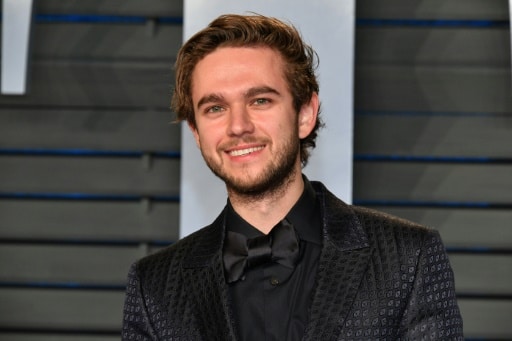
There are so many things that we can do, but ultimately, we want fans to engage in the festival experience and feel like they’re getting value out of that engagement. That’s our goal.
Finally, to close the loop, we also still love our first idea, which is giving fans ownership of the festival. We do aim to create a security token that represents ownership and profit sharing in the festival itself. That security token will eventually enable some decision making power on the lineups.
The way lineups are structured now, it’s one person or a team of people to make these decisions on behalf of an entire community. In no way are those decisions representative of what the people want to see, and there’s a problem – there’s an inefficiency there. How we solve it, honestly, is going to take years, but we’re starting now. We’re starting to think about how we can do that.
The security token element gives us the ability to make fans feel even more involved in the experience. Also, of course, is the first step towards truly decentralizing things. That’s the long explanation to all the different aspects of this that we’re working on. I think the number one thing that I like to tell people is all of us who have blockchain projects, we’re all learning as we go. Anybody who says they know exactly what’s going to happen is lying. We need to watch consumer behavior and develop this as we go. I think that being transparent about that is extremely important.
This all sounds awesome, but I gotta ask: What can go wrong?
I think a lot of things could go wrong. I believe that the things that could go wrong wouldn’t necessarily merit the failure of the network or what we’re building.
The music industry is very political. I think a lot of people will resist an idea like this and no one knows about it yet, so I’m curious to see how that affects industry people. Generally, industry people don’t like to change things because that’s what pays their bills and keeps them secure. I think the best answer I can give you is we’re trying to avoid everything that can go wrong by involving some major, major music industry players.
Some of the biggest agents are partners in this project: Paul Morris, who was one of the most prominent agents in the world who represents Tiesto and Hardwell and many other DJs, Lee Anders represents Skrillex and Zedd, my agent who represents myself and the Chainsmokers. People who have a real power in the business to shape perception, but also who believe in this project and believe that it is the future of music festivals. When you have people like that on board, we can, in my opinion, circle around some of the political issues we may face in the future.
On the tech side, the biggest problem is scaling – making sure we can scale this to accommodate tens of thousands of people at the same time. That could go wrong, and that’s why we’re not enabling any of it until we run serious testing of our blockchain powered PoS (Point of Sale) systems at food stations and merch stations.
We have technology where you swipe a bracelet over an access point, and that’s what lets you into the festival. That also records the data of when that individual went to the festival, and that data becomes public, recorded on the Ethereum network.
There’s all this shit that we have to make sure it works on a vast scale, and that’s why we’re being honest and saying we’re not going to put the experience at risk until we know it works perfectly. That’s why we’re taking extra time to build it. That’s also where a lot of the financial raise is going. All the money that we’ve raised so far and the money that we will raise in the future privately, all of that money will go towards making sure the network works perfectly and the tech is stable.
[thrive_leads id=’5219′]
Why build on Ethereum? I love Ethereum, I’m a big fan, but scalability concerns abound. Do you have faith that Ethereum could support OMF now and into the future?
There’s a two-part answer to that question. One, we’re building on Ethereum because we know that’s the safe decision right now. For us, we are at the whim of the blockchain technology movement as a whole. Why Ethereum is because we know that it works now, but that doesn’t preclude the possibility of us changing platforms.
We may swap tokens for tokens on another platform down the road. There’s a lot of potential for us because we aren’t ever envisioning our own main net. There’s no real reason with our specific product, so I think it gives us even more flexibility with future token swaps and potentially moving into networks that show promise in the future. I’m by no means married to Ethereum.
Let’s talk a little bit more about the ramifications of your concepts to your colleagues and the industry at large. Any other famous DJs or superstars that are sold on this idea and/or working behind the scenes with you to support the movement? I know Gramatik is a champion of crypto and blockchain.
There’s myself, and then my partner Kevin Edelson, who is the CMO. He’s done marketing for everybody from Chucky Cheese to LMFAO, artists, brands, everything. He’s been developing all the marketing strategy for us and all the branding and is an expert there. I brought him on early on, and he’s one of my best friends. He also works on the 3LAU project.
The other friend that I brought on was Adam Lynn, who runs Prime Social Group, which is the biggest independent promoter in the United States. His partner, Zack Rubin, is also involved and they are overseeing festival logistics and development because they’re true experts. They’re the next round of people that we get involved – the agents. The people that represent the artists who are in many ways the gatekeepers of change in the business.
That’s why we went to some of the most powerful agents in the industry to get their endorsement and to have their support. Those agents include Paul Morris. Sam Hunt, Lee Anderson, and Hunter Williams who I mentioned earlier.
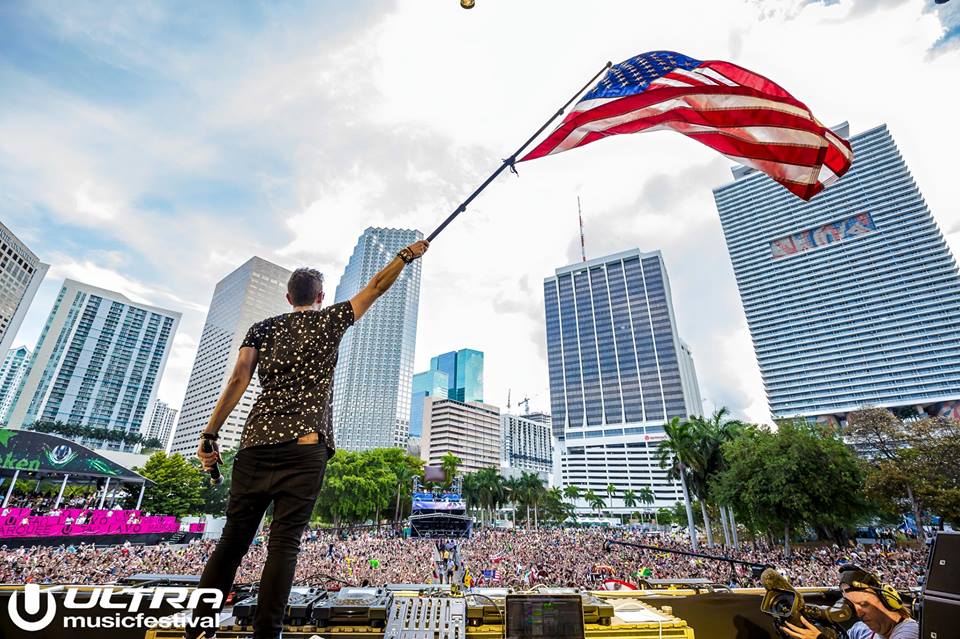
Beyond those agents, the other new addition to our team, which is exciting, is a guy named Dan Berkowitz – the founder of CID entertainment. He specializes in VIP services, and he has created a couple of international festival events that are pretty exclusive, 3,000, 4,000-person destination events. Basically, what Fyre Festival tried to be but failed at, he does just on a smaller scale. The reason why he does it on a smaller scale is that it’s manageable because he’s very successful at it. Dan runs VIP at Coachella, he runs VIP at Bonnaroo and a bunch of other festivals, and he’s going to take over our VIP experience world for this project and we’re excited to have him involved.
There are a bunch of huge names in tech involved, but we can’t release all the names until June 22nd. SingularDTV is, of course, our main partner and incubated the entire project.
I hear that you started a record label named Bloom Records and also heard that you are very much involved with an organization called Pencils for Promise.
Two years ago, I started a record label where we donate all the profits to different charities. Pencils of Promise was the first and we raised about $200,000 for them. We built seven schools in Guatemala that I visited.
My whole goal with that was to give fans the power to help raise money for great causes through music. When a fan listens to a song on Spotify, it costs them nothing and helps raise money, and when they share it with friends, it helps raise more money. That was my first mission to give back to fans. OMF is the second.
Bloom has done amazing things. We’ve raised over close to $300,000. We’ve donated $20,000 to the Hurricane Harvey Relief Fund in Houston. We’ve raised $20,000 for Fuck Cancer with my new album, and we’re going to raise hundreds of thousands for Fuck Cancer as the album continues to generate revenue. That’s just been my other passion project that I love and that I’m going to keep working on it.
Is there a philanthropic aspect built into the OMF experience?
We definitely want to explore it. I think it’s difficult for us to execute some of that stuff in the short term, but in the long run, we’d love to create a system where we donate a dollar for every ticket to charities that the fans choose. That’s something that I want to do. I would say we’re about six months away from that conversation. Now, we’re just focusing on making sure everything works and that we’re compliant. I’ve been working on this for a year, and nobody knows about it yet. You can imagine my angst and anticipation here.
Where can people follow OMF?
The best place to go for everybody would be the OMF website. You can join Telegram, Twitter, Instagram. We’ll be posting tons of useful information, future artist partners, ticket information, lineups, and inspirational quotes that inspired the team to create the concept. That’s where everybody can find out more.
We’re going to launch that on June 21st. The event will take place at the Civic Center Plaza in San Francisco on October 20th of this year.
Looking forward to it. Thanks for your time, Justin.
Never Miss Another Opportunity! Get hand selected news & info from our Crypto Experts so you can make educated, informed decisions that directly affect your crypto profits. Subscribe to CoinCentral free newsletter now.
